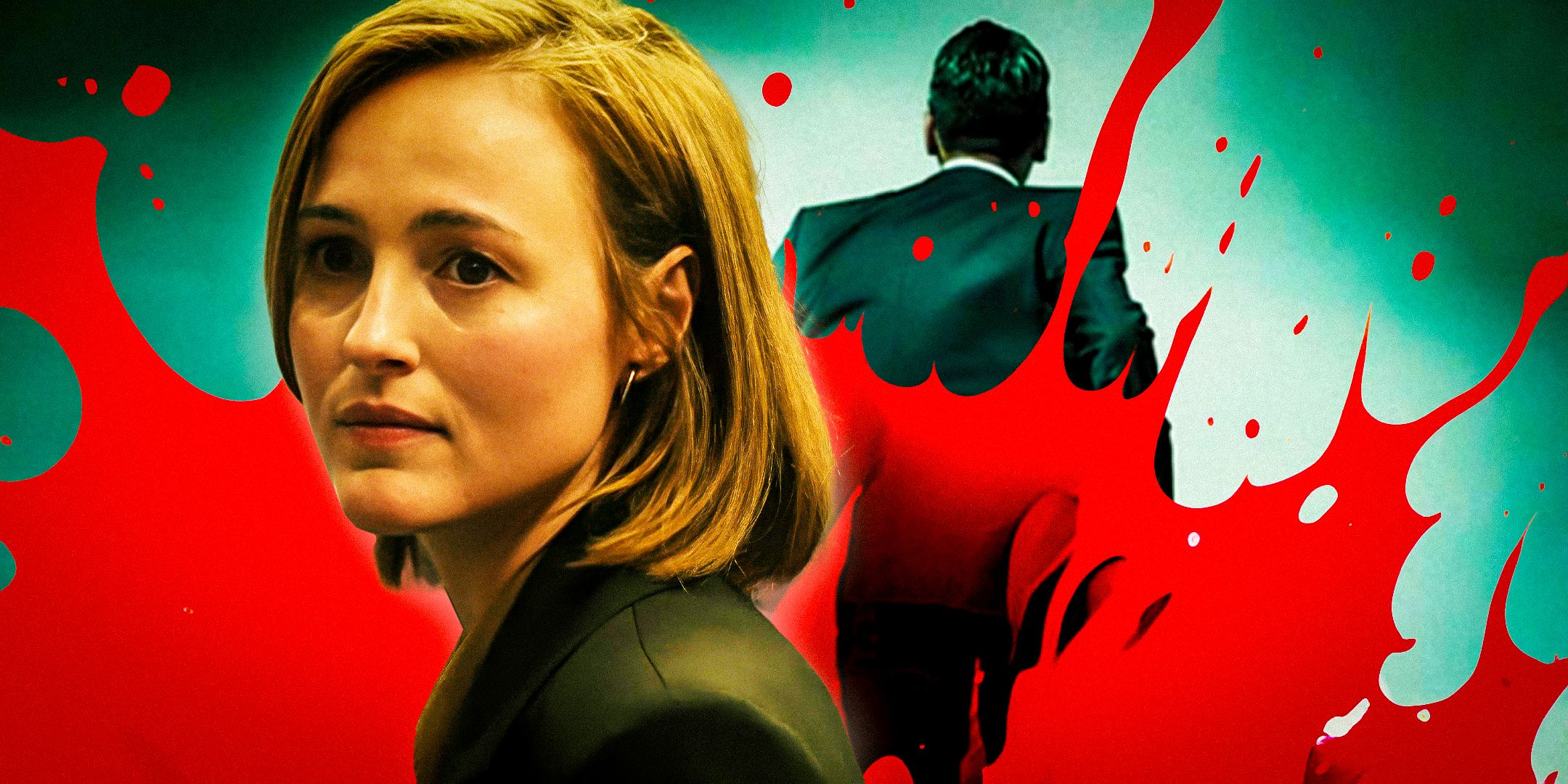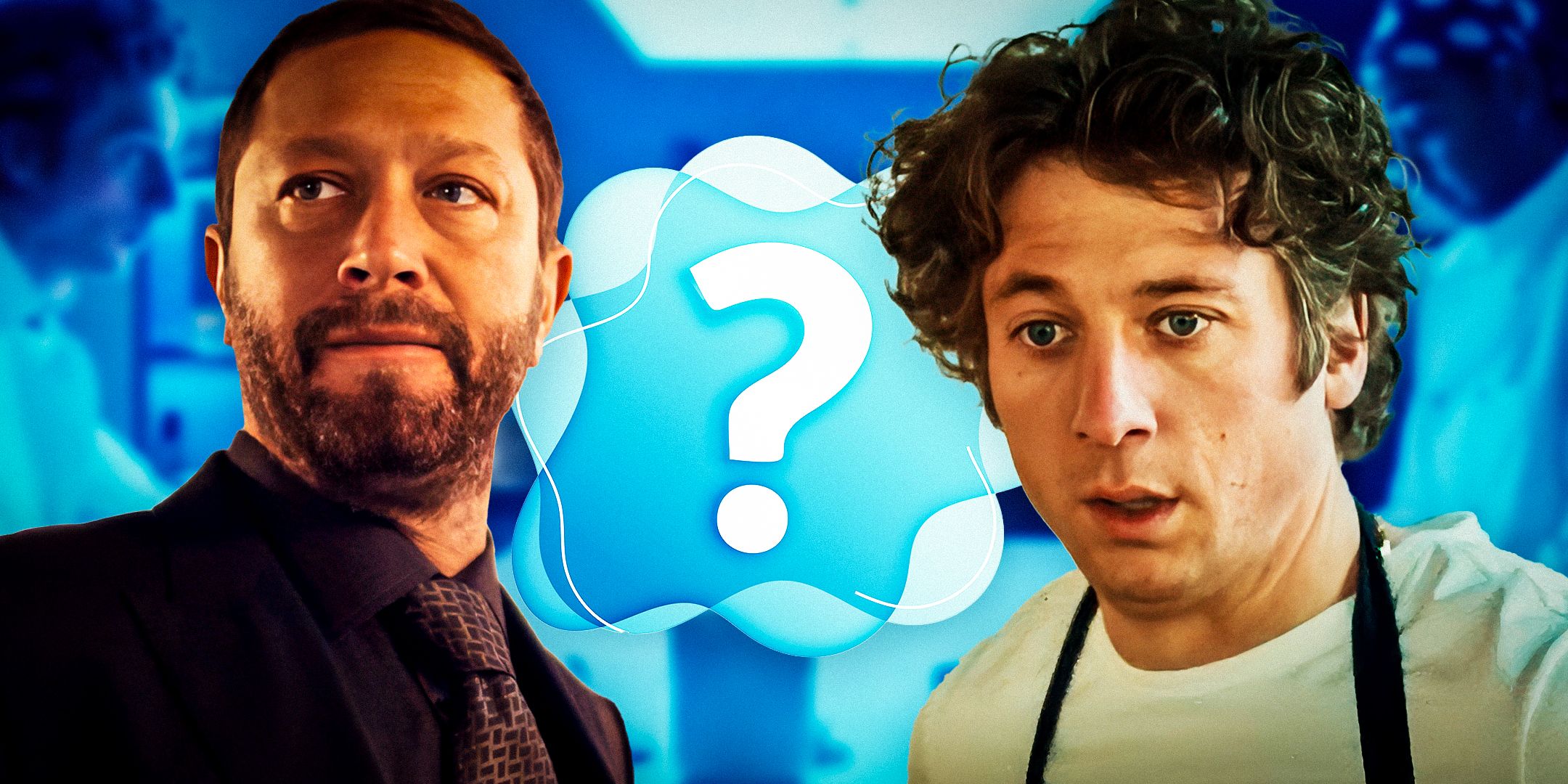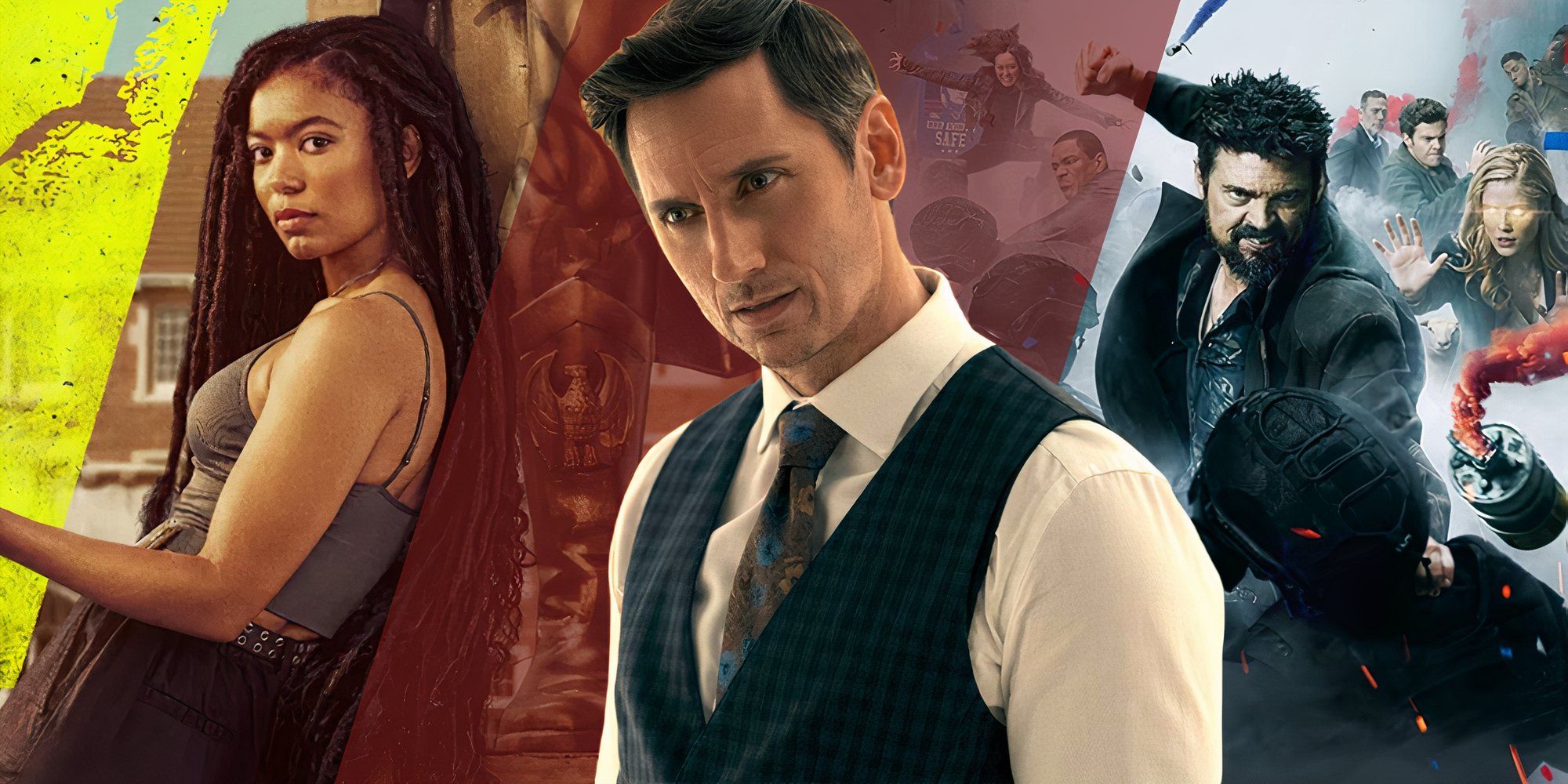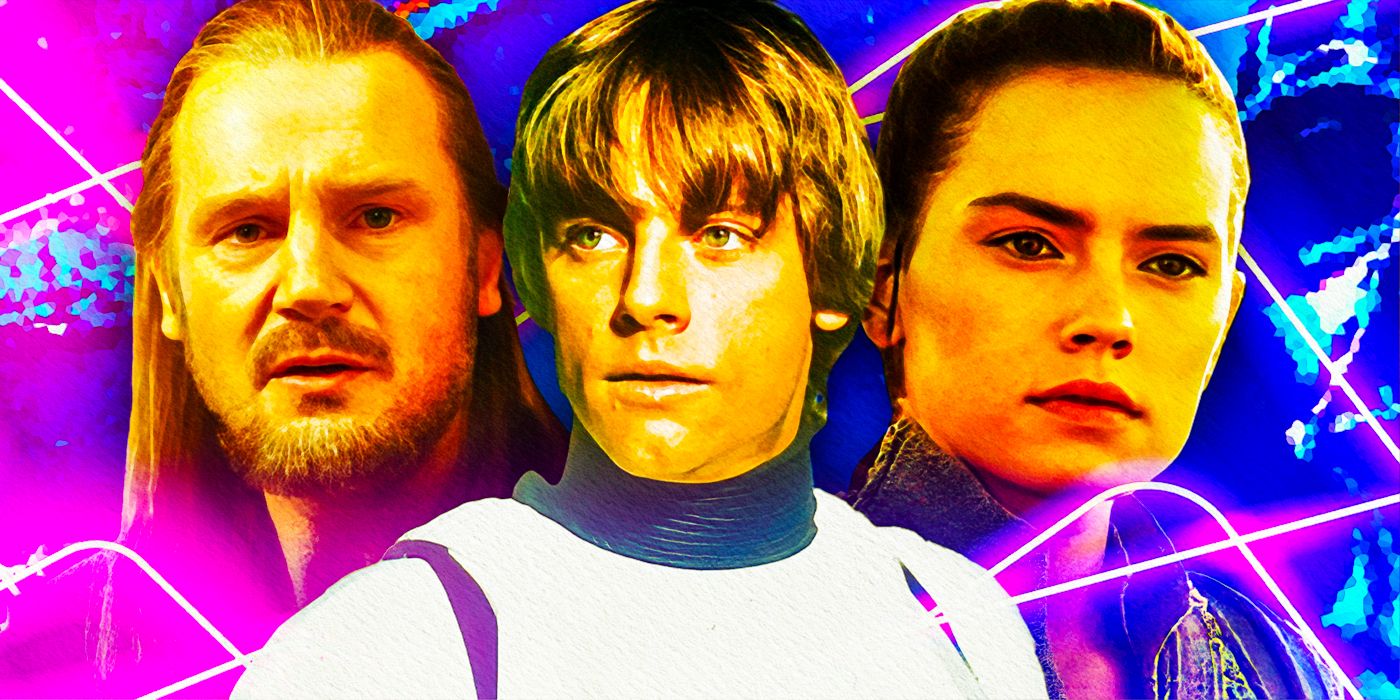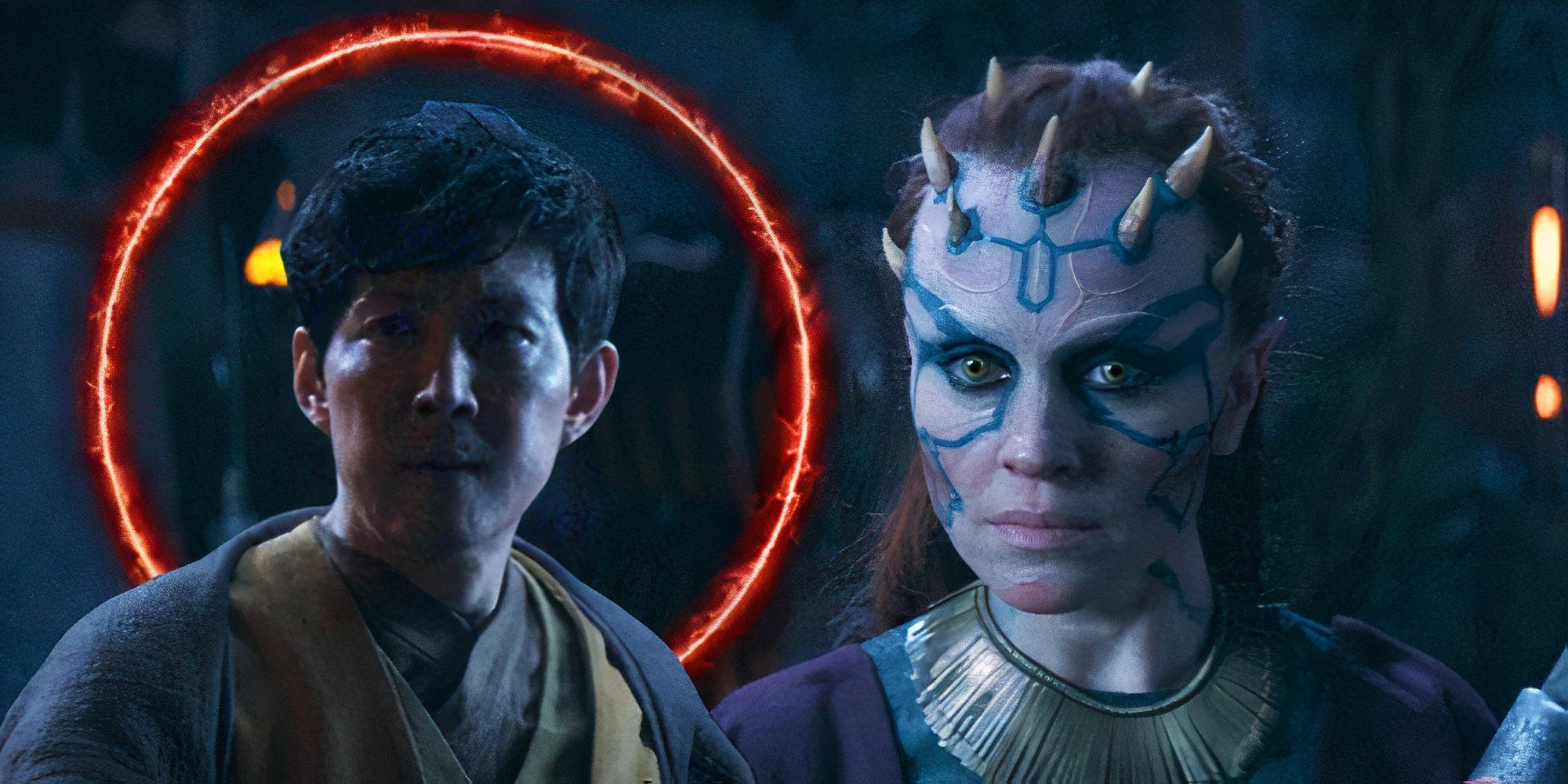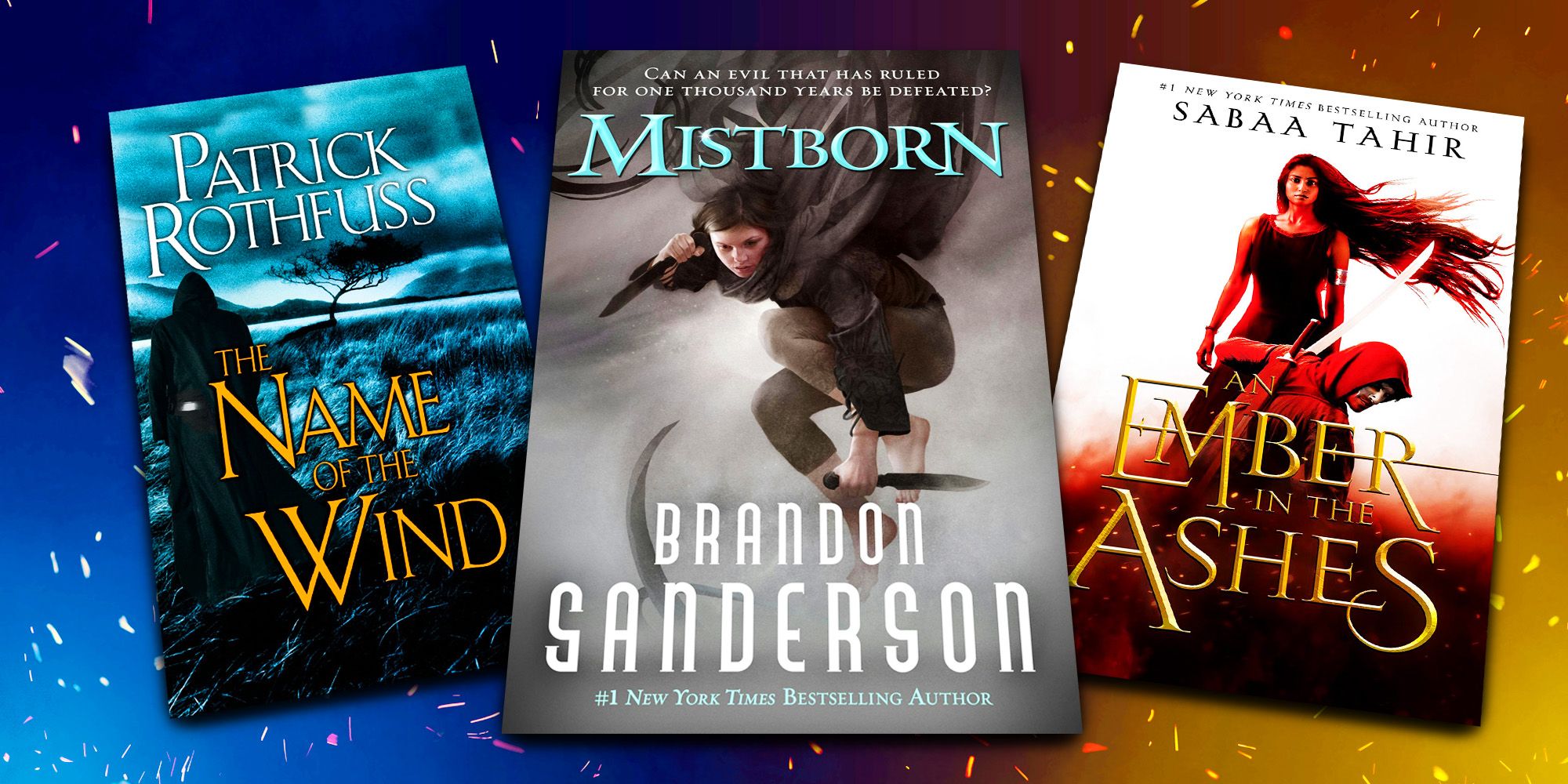While the beloved 1984 fantasy film The Neverending Story might seem too trippy for an MBTI® analysis, the beautiful fight for imagination and wonder is actually filled with some pretty distinctive Myers–Briggs Type Indicator examples. Some characters present prime examples of heroism and bravery while others are masters of science or compassion, and it’s easy to see where they fall among the personality types.
As introspective as some of these beloved characters may be, we doubt they have taken the MBTI® test, so we took it for them to find out which personalities each man, child and Rockbiter might fall have.
Bastian Bux: INFP
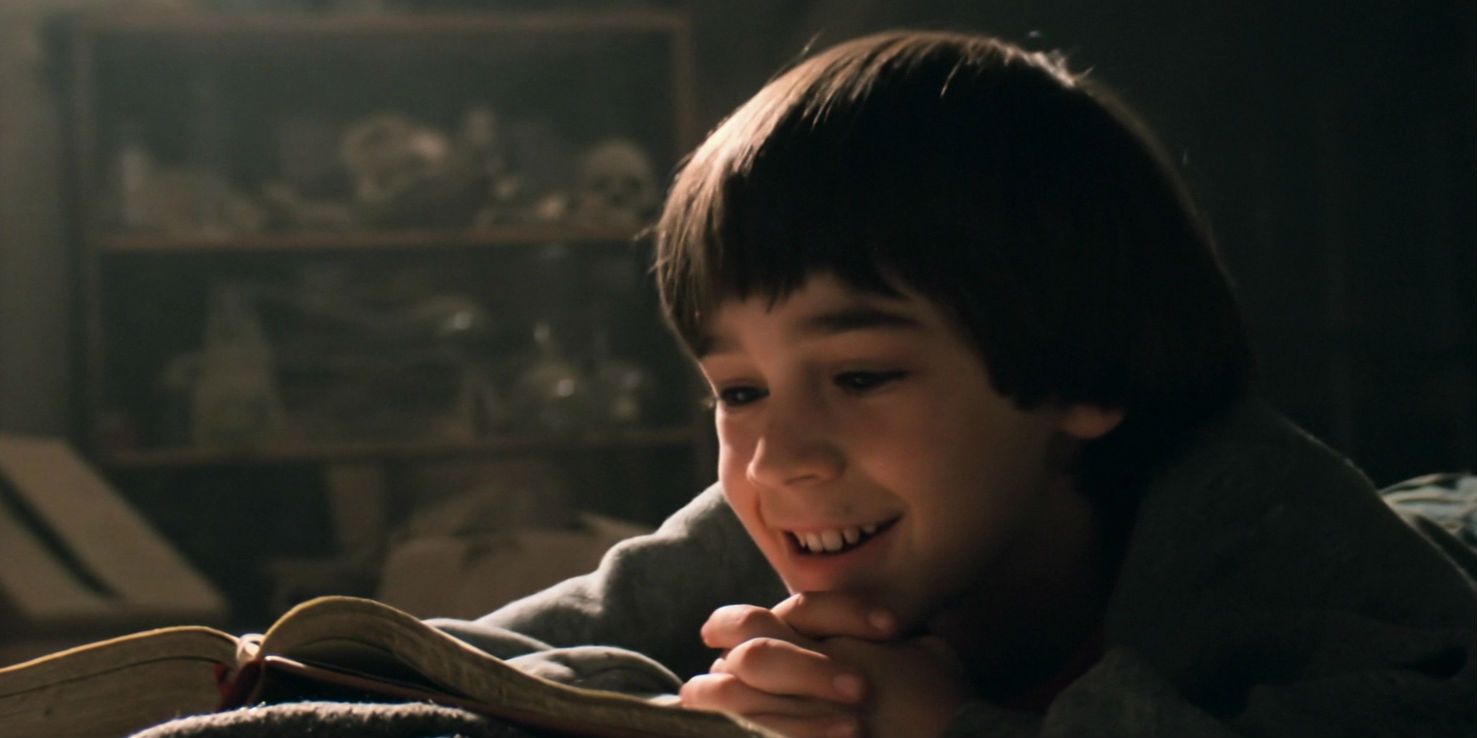
Sensitive young Bastian is every bit the introvert who would rather curl up with a good book than go off on a real, live adventure. He still likes to help people, though, and as an INFP, or the Mediator, he has the imagination to dream up solutions even if he doesn’t have the confidence to plan or present them all the time. That’s why he had the Childlike Empress’s name chosen for her long before he called it out.
Bastian is idealistic and always wants peace, which is why he’d rather avoid conflict rather than address it. Like his father says, he’s not a very practical kid, and we witness that at the beginning of the movie when he avoids a math test by hiding in the school attic.
Rockbiter: ESFP
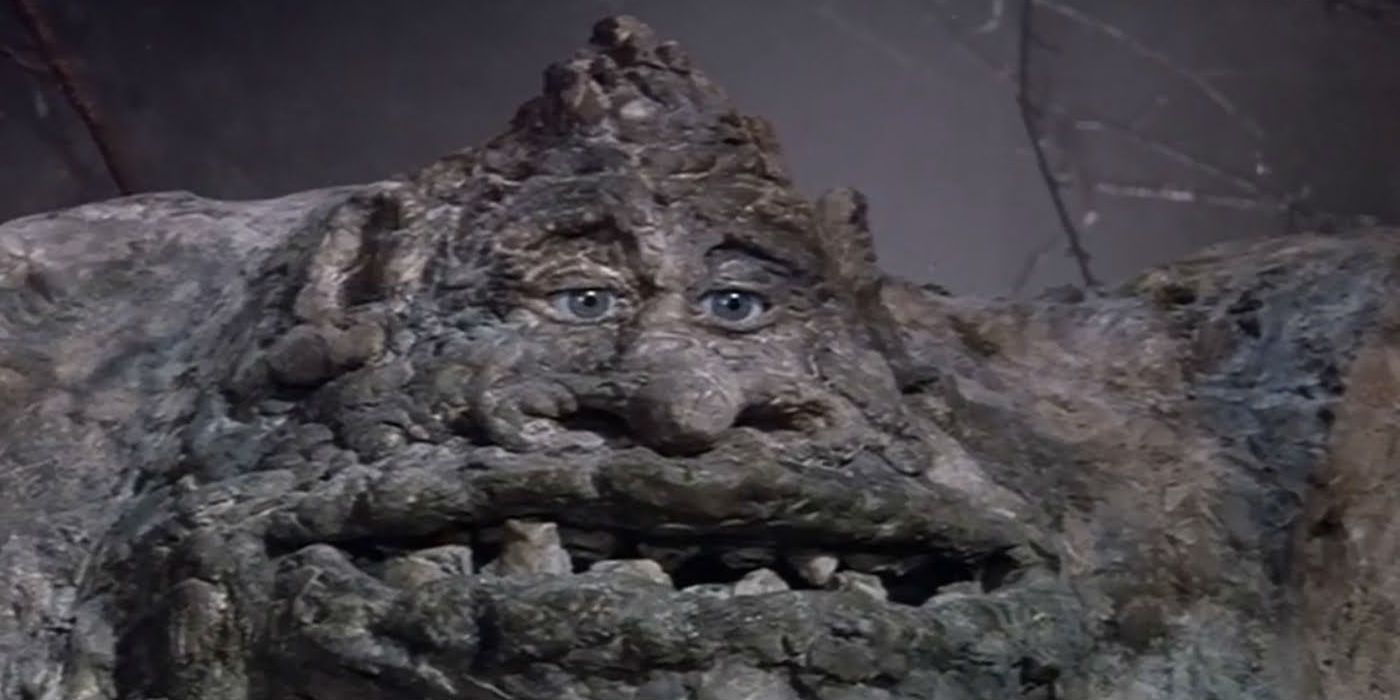
The Neverending Story is filled with introverts, which is probably why it speaks so well to so many of them, but there are a few extroverts. The Rockbiter is a prime example. This kind-hearted, sociable fellow is an ESFP, the Entertainer, who loves to tell stories and be the center of attention. If he met up with his camp friends under better circumstances, he’d surely wow them with his funny tales.
Rockbiter is sensitive and hurts deeply when he isn’t able to save his new friends from The Nothing. He can’t stand conflict and longs to get along and make friends with everyone, and he only approaches the Empress for help along with the rest of Fantasia when there’s no other option left.
Engywook: INTP
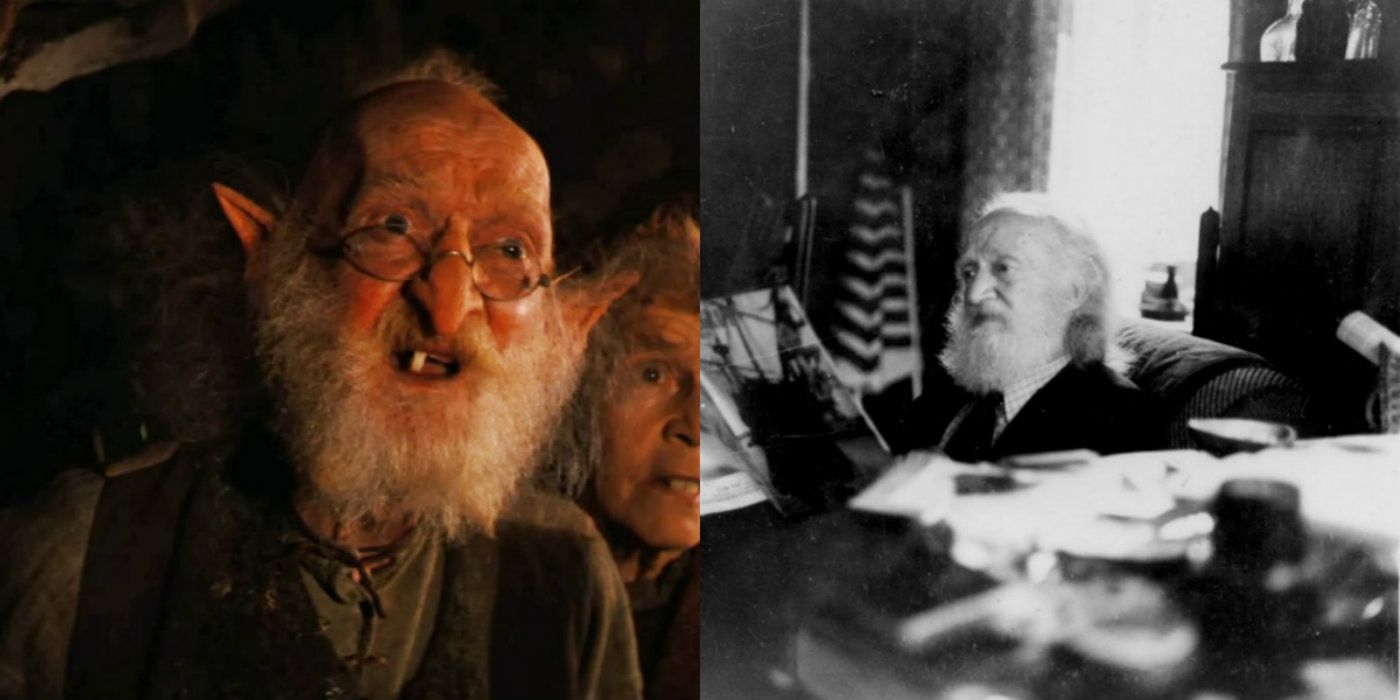
If there’s a character of The Neverending Story who completely represents his MBTI® personality to a T, it’s Engywook. An INTP, Engywook is the Logician, an inventor who is incredibly pumped about research and science. All he wants to do is study, which is why it’s taken him years to learn what Atreyu discovers in moments. Engywook doesn’t mince words, and like other INTPs, he can be honest to a fault.
Engywook is rather absent-minded, which is why his wife takes care of him and often picks up the slack. He’s also condescending toward her, or anyone who doesn’t respect or understand his work at the level he expects. The second-guessing he’s done to his own work over the years has likely caused many delays in really understanding the Southern Oracle.
Childlike Empress: INTJ
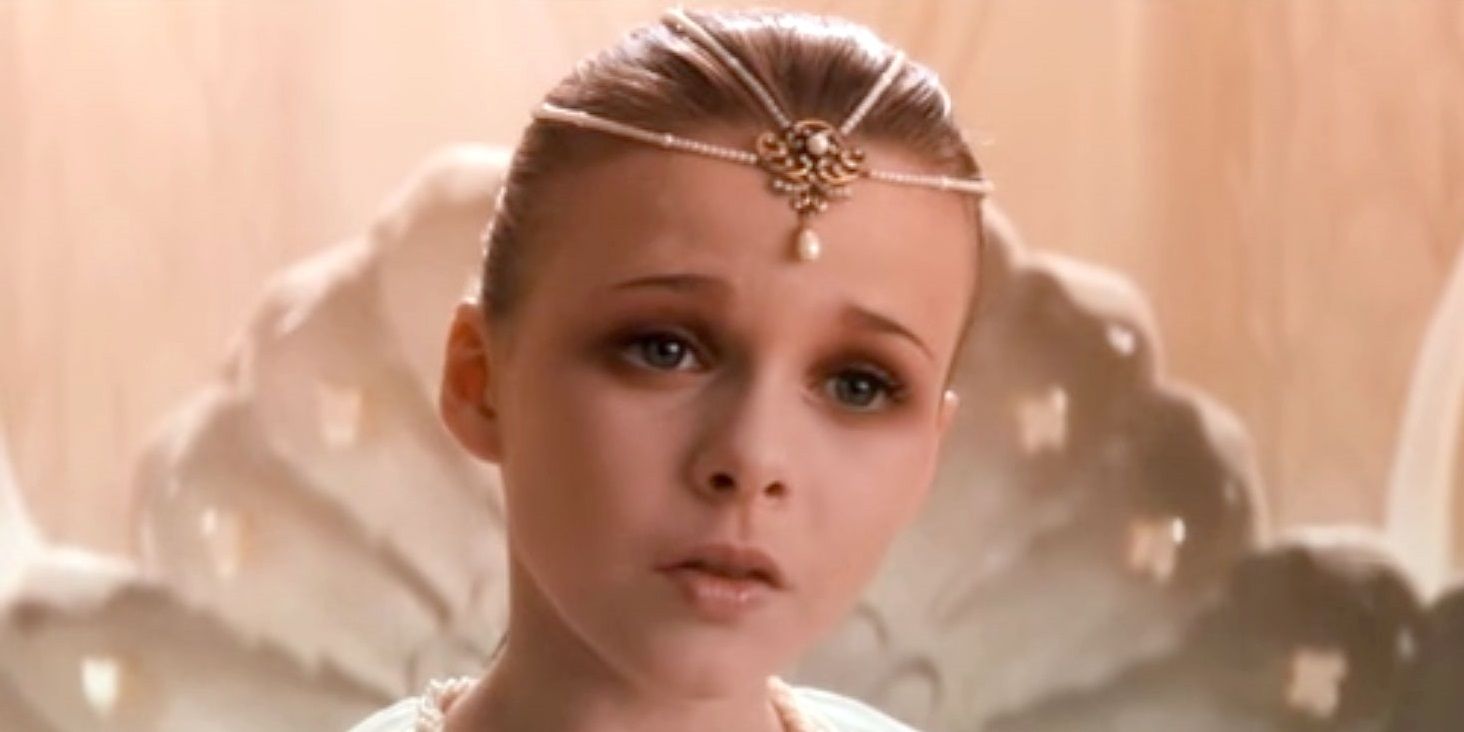
She’s the one behind it all, the person who expected Bastian to save her and her world without having ever even told poor Atreyu. The Childlike Empress is the Architect, an INTJ who is confident that her carefully laid plans will all work out.
Viewers might argue that the Empress isn’t judgmental or arrogant like an INTJ, but fans of the book know that the film isn’t like it at all. There are even rumors that the book’s author, Michael Ende, walked off the set because he was so upset with the direction the film was taking. The Childlike Empress is a cold character who is meant to be the main antagonist. In this light, she still fulfills most of the qualities of the Architect.
Gmork: ISTP
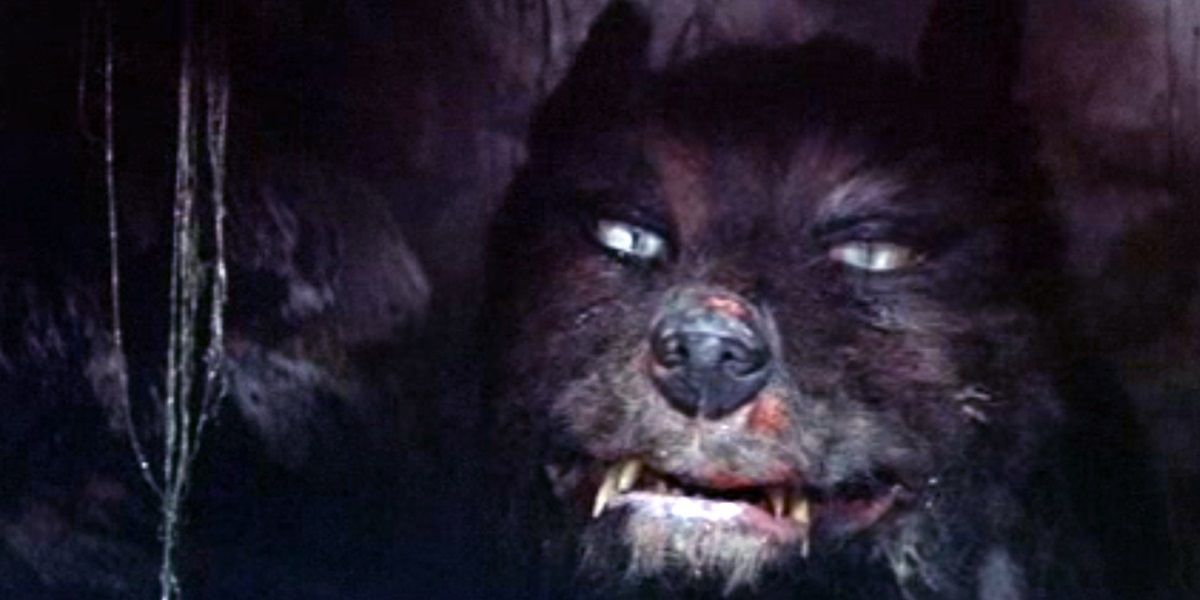
The servant of The Nothing terrified Millennials as kids and still remains a better CGI wolf than those of Twilight. Gmork, an ISTP, is a Virtuoso with a corrupted heart. Rather than embracing his energetic spirit for good, he serves chaos, and he enjoys putting his body at risk in many dangerous situations–even when it might mean his doom.
Gmork goes down fighting, just as Atreyu says he’d rather do, as his stubborn nature will not allow any reasoning to penetrate his long-held beliefs in his cause. Since Virtuosos get bored easily, boredom may well be one of the causes of Gmork’s willingness to serve The Nothing in the first place.
Urgl: ESFJ
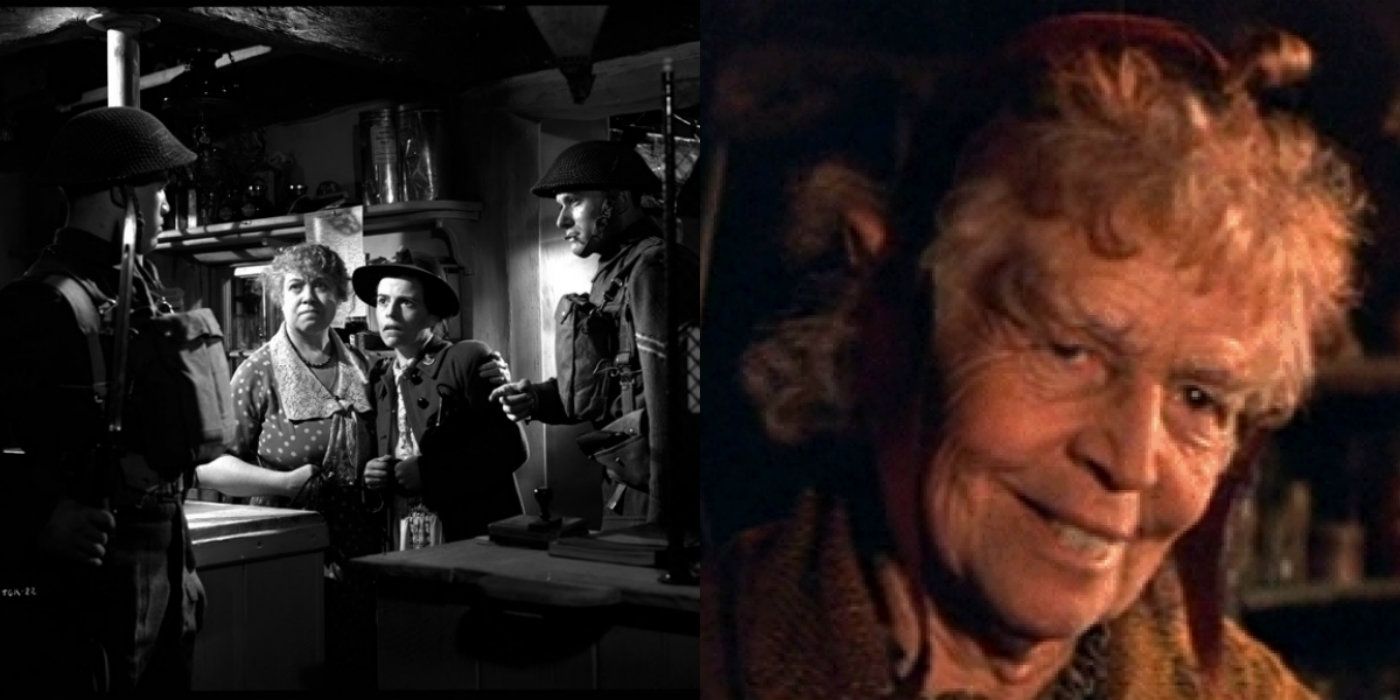
Unlike her husband, Urgl is a more sociable sort who cares about people over science. As an ESFJ, or the Consul, she feels a sense of duty to aid sick or wounded visitors, and uses her husband’s scientific tools and space to create potions for healing. She’s much warmer than he is, and she’s so loyal she’s willing to assist him even when he’s rather callous toward her.
Urgl is great at making connections, and like a healer using folk medicine, she likes to use sayings like, “It has to hurt if it’s to heal,” and “I like that: the patient telling the doctor it’s alright!” Urgl is on the stubborn side but she sort of has to be with her husband around.
Night Hob: ISTJ
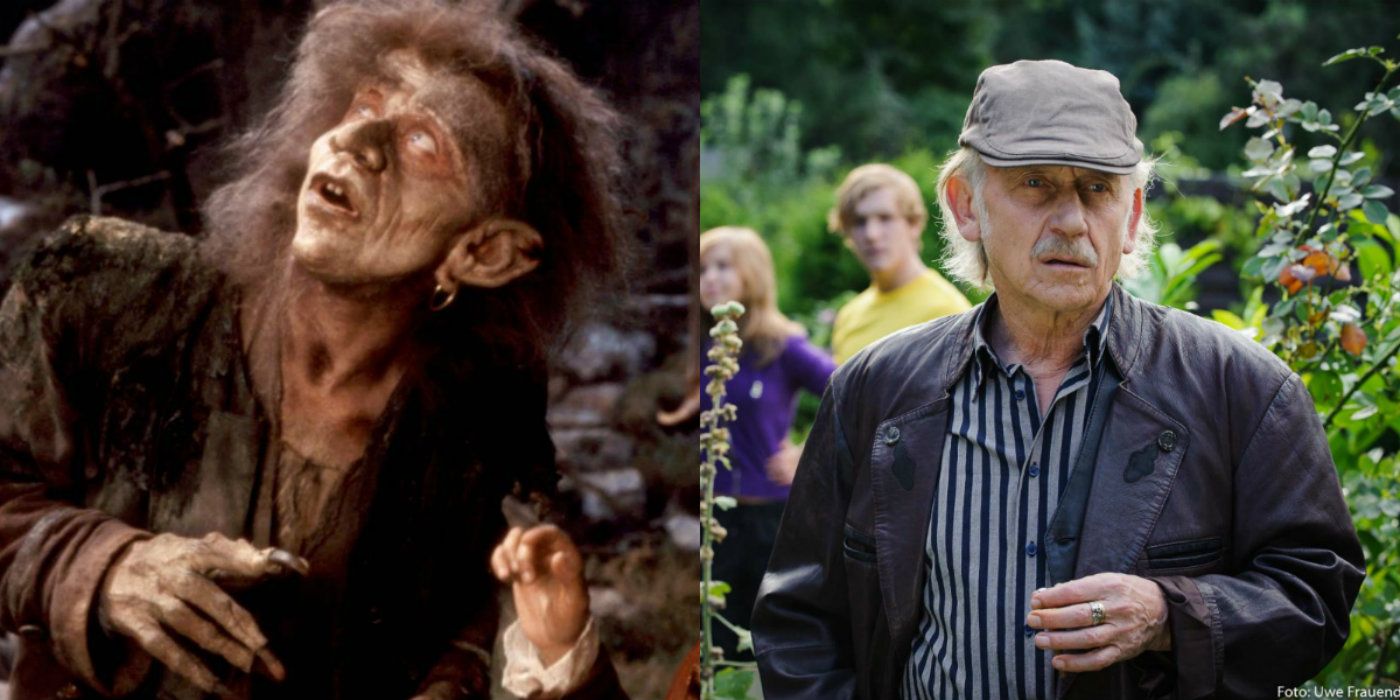
Nobody gives a hoot about him and his stupid bat! The Night Hob is an ISTJ, the Logistician, who is so married to his practical outlook and sense of responsibility that he’s actually willing to kick the Rockbiter out rather than share their camp, even though none of the rest of the travelers ate rocks in the first place.
Night Hob has a strong will and wants others to listen to what he’s got to say. He believes in the order of things, which is why he’s seeking out the empress for help. He’s also rather insensitive and judgy, which is why he gives the Rockbiter so much trouble when he visits their camp.
Falkor: ENFP
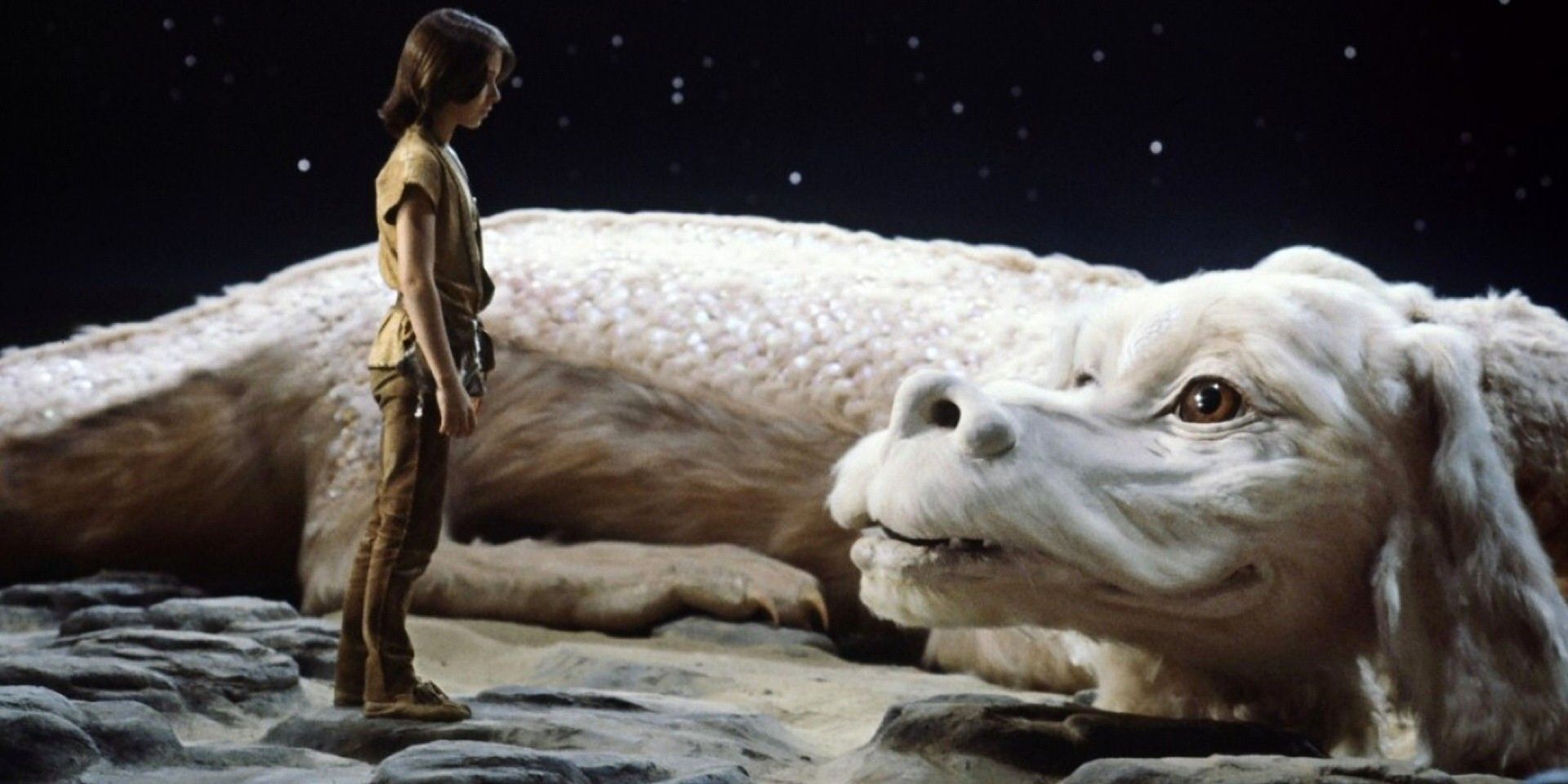
Who didn’t want a luck dragon after watching The Neverending Story as a kid? One of the few extroverts among the characters, Falkor is an ENFP, or the Campaigner. Lose your horse in the Swamp of Sadness and ready to give up? He’s right there to encourage you to never give up, and “good luck will find you.” He’s super friendly, and he knows the importance of a good rest, which is why he snuggles up with Atreyu to give the hero a much-needed break.
ENFPs are very independent, which explains why Falkor is off on his own much of the time, and they can get emotional and stressed, as viewers saw when he lost track of Atreyu. Still, his enthusiasm is catching, and he’s the best bully-buster.
Carl Conrad Coreander: INFJ
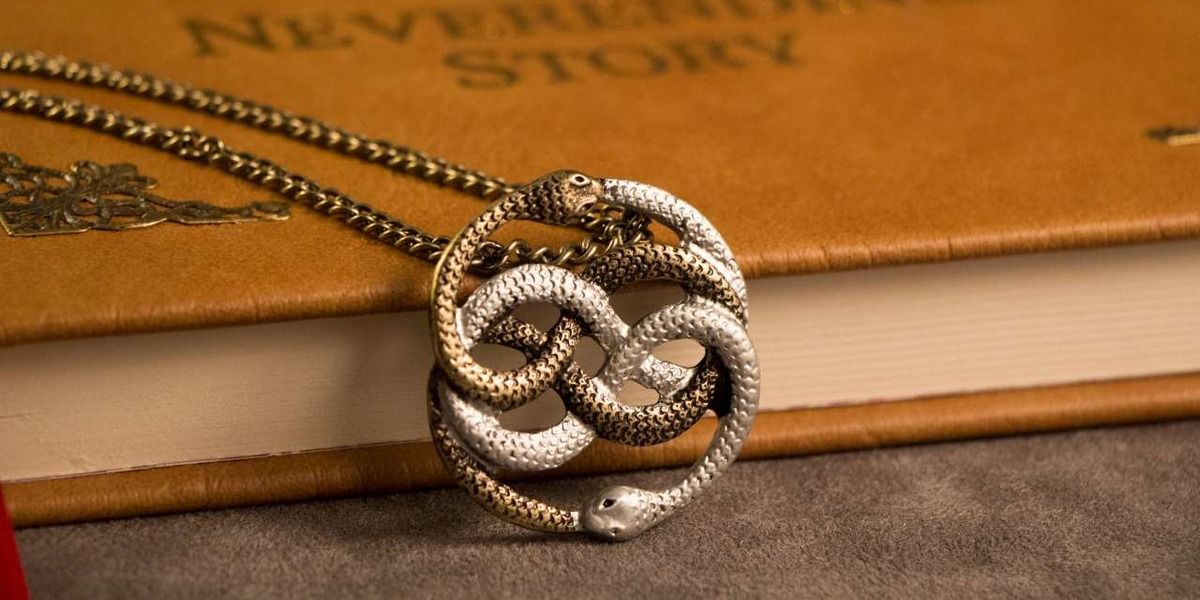
His shop is where it all begin, with a book that was “special.” Carl Conrad Coreander meant to drive Bastian away with his cryptic explanation… or did he? Had he known how the story went, perhaps he pushed Bastian on purpose in order to save Fantasia. This mystical man is the elusive INFJ, or the Advocate, who is wise beyond his years and the only other person who’s been to Fantasia. In the animated series, he’s even a wizard.
Mr. Coreander points out how different being along for the journey of a story is from actually living in it, giving Bastian the big warning he needed before deciding to venture into the world of Fantasia on his own.
Atreyu: ENFJ
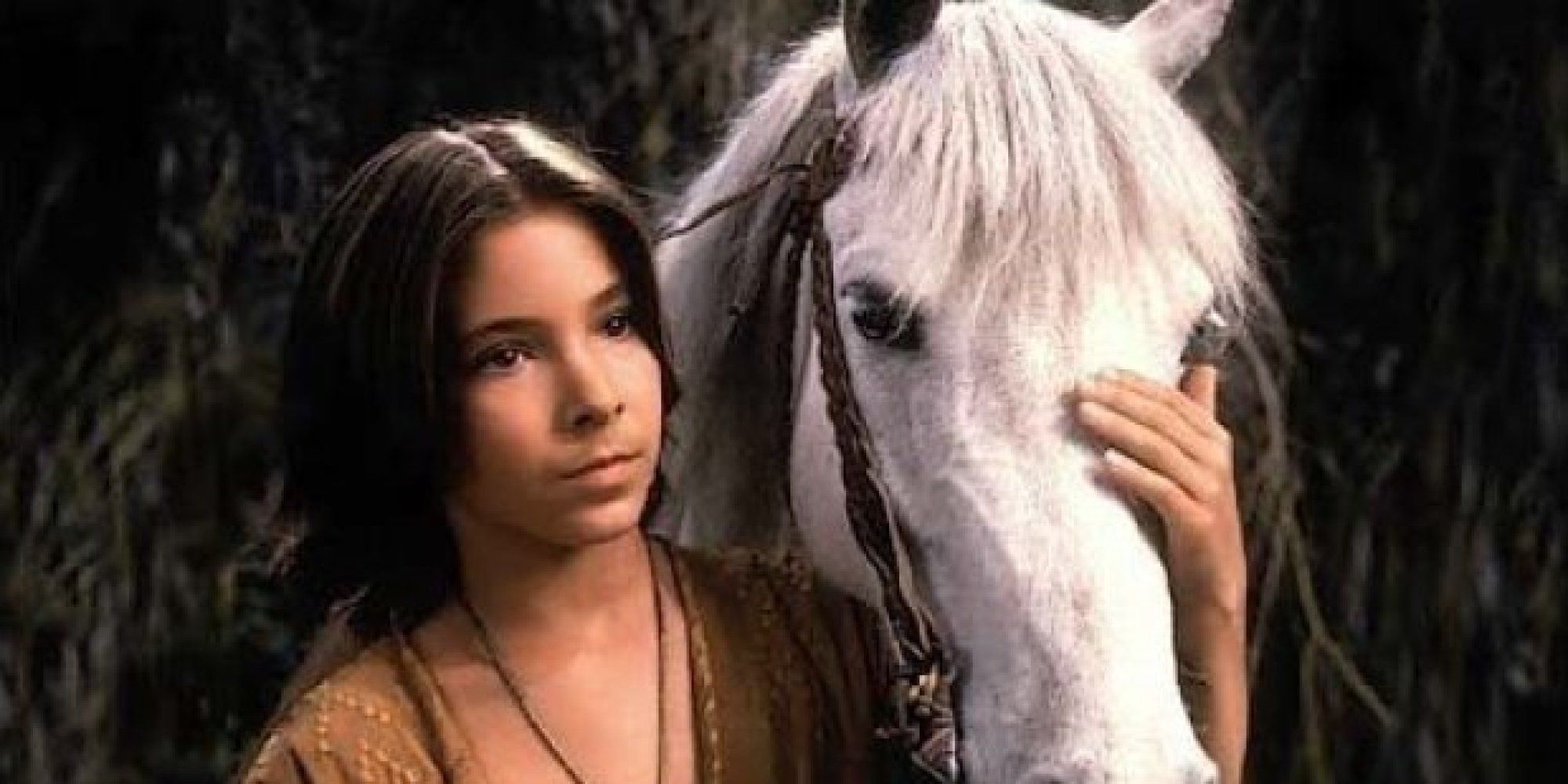
Like many heroes, young Atreyu is the Protagonist, or an ENFJ. He’s so charismatic that he’s able to lead the quest even when he’s first judged as a child, and he is so selfless he agrees to venture on the assignment without any weapons to aid him along the journey.
Although Atreyu is a natural born leader, he also has some of the same weaknesses that many ENFJs have, ranging from his inability to make a decision, particularly after the grief of losing Artex and the lack of help from Morla, the Ancient One, to his wildly vacillating self-esteem. One moment, Atreyu is certain of his ability to take on the quest; the next, he is dejected enough to give up, although it’s difficult for anyone to remain upbeat in the Swamp of Sadness.
